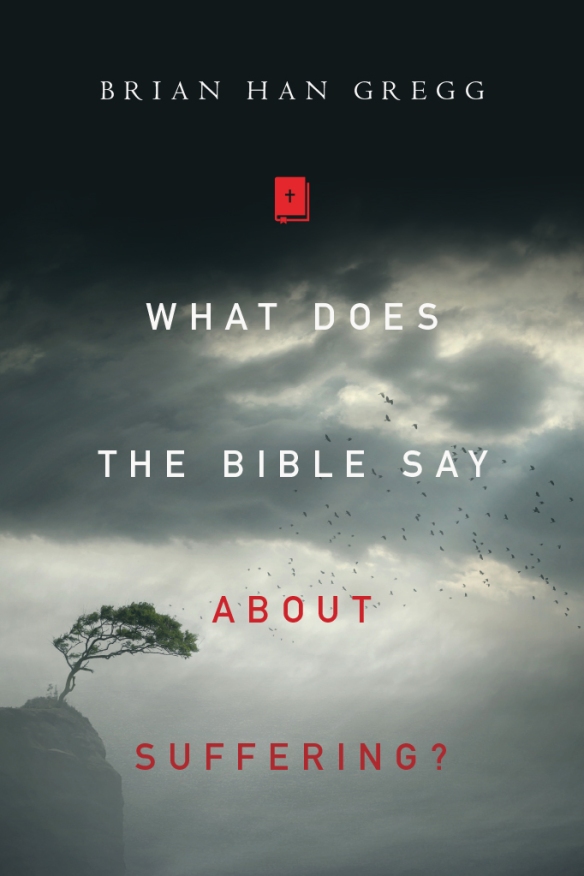Recorded in both Matthew and Luke, the Lord’s Prayer is the prayer given to the disciples by Jesus. In Matthew, the prayer is given as part of a larger teaching; in Luke, it is given in response to the disciples’ request that Jesus teach them how to pray. This prayer still unites Jesus’s disciples today. Catholics, Orthodox, Anglicans, Lutherans, Methodists, and Presbyterians all use it as part of their service. Every time they meet together, they pray the Lord’s Prayer together, as it was meant to be prayed. Notice that the Lord’s Prayer is not, “My Father” but “Our Father” – it’s meant to be prayed in community with other disciples of Christ.
My particular interest in the Lord’s Prayer comes from a saying of the Church – lex orandi, lex credendi, or as it is sometimes seen, lex orandi, lex credendi, lex vivendi. The first phrase roughly means “As we pray, so we believe.” The second phrase takes it one step further to say, “As we pray, so we believe; as we believe, so we live.” The Church has always understood prayer to have a formative effect upon the person who prays. That’s why there are prayers that are meant to be said again and again and again, like the Rosary. Repetition of prayers molds our minds, so that we can train our souls to pray. Much like we train our bodies and form our muscle memory, so do we teach our souls how to pray, even when we don’t feel like it.

